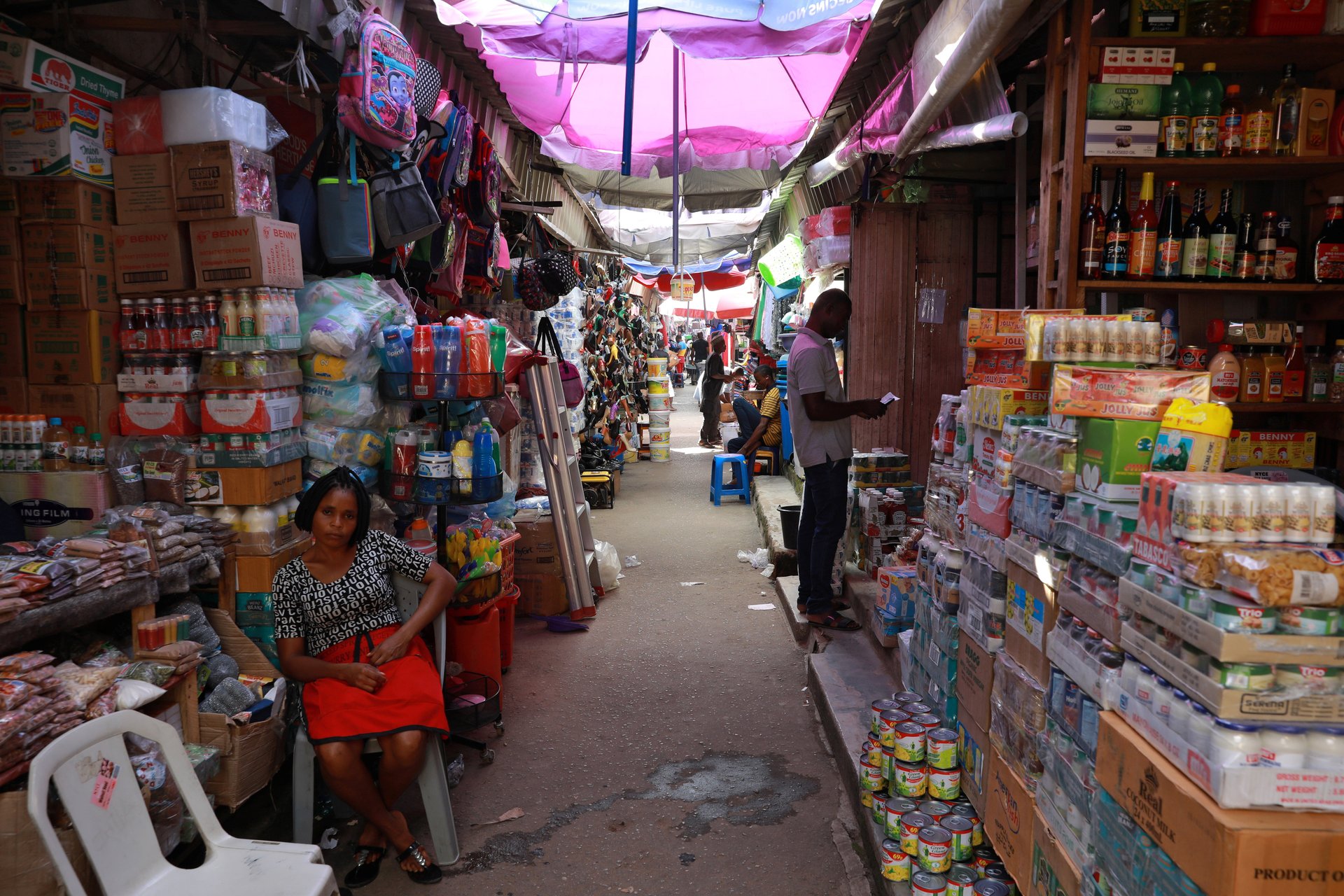It’s getting easier to do business in Africa’s largest economy—but possibly only on paper
The notorious difficulties of getting business done in Nigeria are gradually easing up, according to the World Bank.


The notorious difficulties of getting business done in Nigeria are gradually easing up, according to the World Bank.
Of the 190 countries surveyed in the latest Doing Business report by World Bank, Nigeria is ranked 131—15 places higher than last year. The country is also named among the top best 10 improving economies globally for implementing regulatory reforms across six of the report’s 10 indicators.
Predictably, the government has played up the jump in rankings as the result of the effort of a government committee created in 2016 to ease regulatory bottlenecks. President Muhammadu Buhari says the country’s goal is break into the top 70 ranked economies by 2023.
While the government’s efforts to be conscious of easing business regulations are commendable and a departure from the past, implementing any reforms is another thing altogether. And, just like in previous years, there is ample evidence to suggest that regulatory moves are not translating into real impact for everyday business folks.
As the World Bank’s report mostly focuses on regulatory environment rather than their effects, progress on paper can easily clash with reality. For instance, getting credit, one of the report’s indicators, is measured by existing “movable collateral laws and credit information systems” rather than actual access to credit. Cynics might suggest governments could simply focus on improving regulation on paper to score higher rankings and handy political talking points.
There are other limitations to the Doing Business report: the realities of the informal sector (which accounts for up to 65% of Nigeria’s economy) are not surveyed while the report also measures indicators in only Lagos and Kano, Nigeria’s two largest cities.
Rest of Africa
Like last year, Mauritius leads the way on the continent as the only African country in the top twenty. The tiny island nation rose seven places to 13th on the rankings. Overall however, Sub-Saharan Africa remains a “weak-performing” region on the index with an average score that’s lower than the global average.
The region also accounts for 12 of the 20 bottom ranked countries on the index with fragile state Somalia propping up the global rankings. But a silver lining noted in the report is that “several of the lowest-ranked economies are actively reforming in pursuit of a better business environment.” The big question however, is whether those reforms will only remain on paper.
Sign up to the Quartz Africa Weekly Brief here for news and analysis on African business, tech and innovation in your inbox